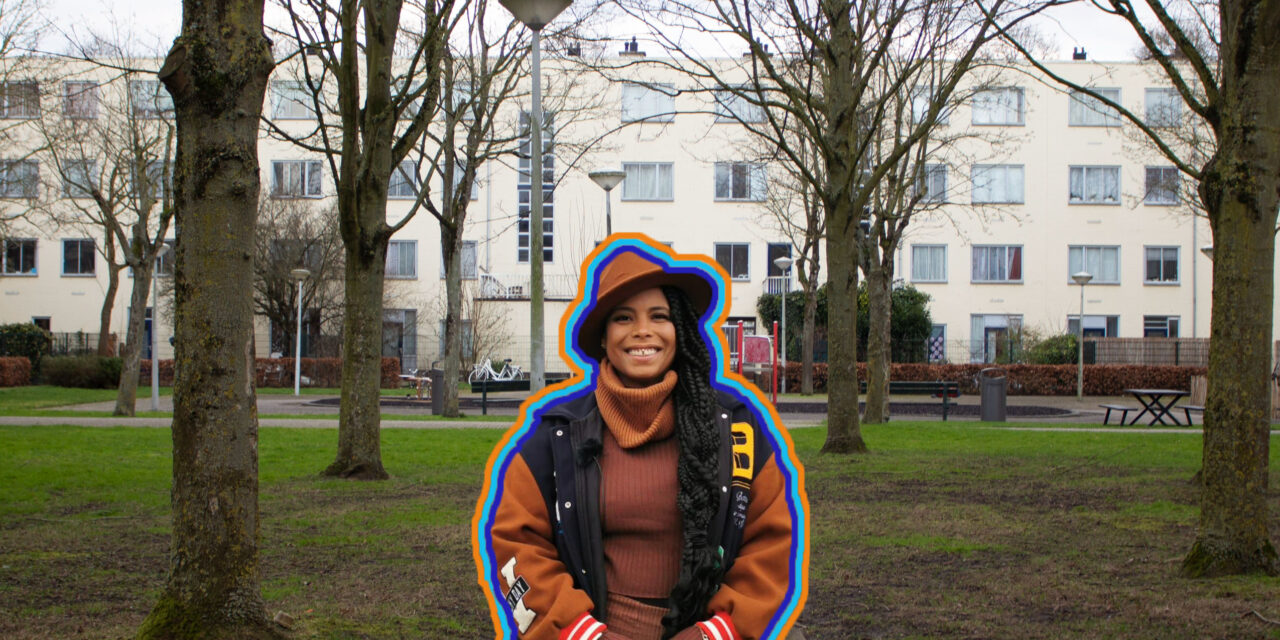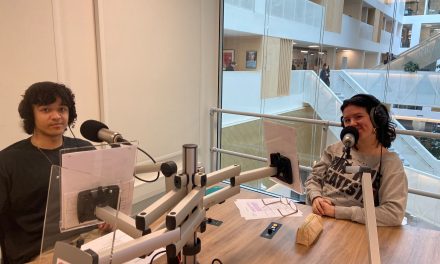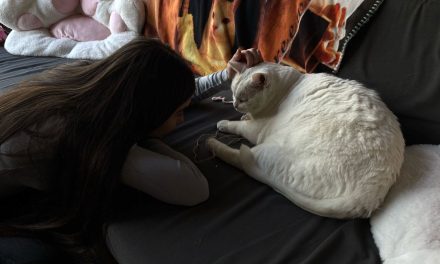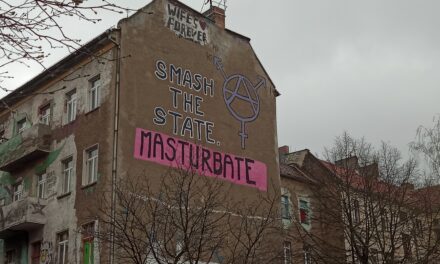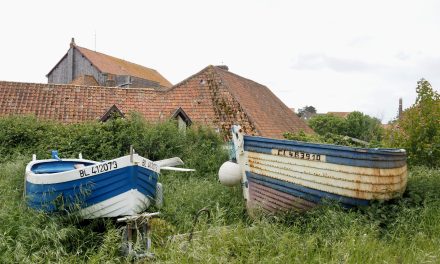A journey through gentrification, roots, and safety. The musical theatre performance Welcome in the BIMS invites the Dutch public to look further than all the preconception about the Bijlmer, a neighborhood with a negative image in Amsterdam.
It was December 2021. A lot of covid infections made the Dutch government decide that the Netherlands had to be in lockdown from 5 pm. Theatre producer and raised in the Bijlmer Priscilla Vaudelle had no place to go because all the theatres were closed. She just was looking outside her window to her neighborhood. She thought of what the week had brought her. In her search for a new home, she came face-to-face with gentrification. All her memories of living in the Bijlmer came in her mind through the evening. That was the moment that she wanted to write about all her events and issues through life. Every silent evening of the lockdown she wrote Welcome in the BIMS (nickname for the Bijlmer, red) part 1. Part 1 because her theatre performance is in a pre-research development. “It’s a montage of everything thats going on in our generation. It’s a lot that comes at you and a lot that we don’t explain yet. This is conscious because it is extensive.”
Gentrification is a term that was coined by British sociologist Ruth Glass in the 1960s. It indicates the transformation of a working class neighborhood in cities by the process of middle- and upper-income groups buying properties in such neighborhoods and upgrading them.
Growing up in the Bijlmer, Priscilla had challenges to face. People outside the neighbourhood have developed a particular image of the place, because in the media there were and still are only stories about the criminality that takes place. This made Priscilla and other people around her have a low self-esteem.
“Children in my class used to ask questions like: ‘Did you ever been part of a shooting?’ or ‘Do you’ve seen often dead people?’ Those questions clarify the stereotypes of my neighborhood and at some point, it made myself feel less important as a citizen of Amsterdam. In the Bijlmer, I feel strong and powerfull because there I’ve always seen more people who look the same as me. There are also living other cultures who made me who I am right now. Our parents, who all came from different countries, have built our own culture. We as their children are growing that culture broader such as the hip hop culture that we’ve now elaborate.”
In the summer of 1974, a group of Surinamese activists squatted almost a hundred homes in Gliphoeve. More than a year later, Suriname became independent and many inhabitants came to Amsterdam in search of a better life. Many of them ended up in Gliphoeve via the ‘Bijlmer Express’, where many apartments were empty. This movements is one of the first black activism movements of The Netherlands. Eventually de Gliphoeve was teared down and rebuild. Source: Daan Dekker, writer of ‘De betonnen droom’
However, Priscilla has always seen the strength of the people from the Bijlmer. She sees how important it is that the people see the strength in themselves and their own history.
“The story of the Gliphoeve has also brought me another image of the people in my neighborhood. I walked with my mother to the place where the old building was because she was raised there, and she suddenly told me about what was happened. Back in the days they wouldn’t talk about the Gliphoeve that much because it was labeled as notorious and ghetto. I was the assistant-director for the play De Gilphoeve what is now playing in theatres. There I learned that we were not placed in the Bijlmer but that we took our seat at the table and fought for a home. I think a lot of people is forgetting that because the story was never told that way.”
The play De Gliphoeve was also an inspiration for Priscilla’s own musical theatre performance. But she tells the story of the second and third generation in her play. To especially empower them, but also celebrate the whole community.
“Eventually I take all the positive things with me, because how others look at you is not who you are. The Bijlmer is a source of empowerment. We are a community full of color, music, different cultures and religions, and lobi (love in Surinamese, red).” 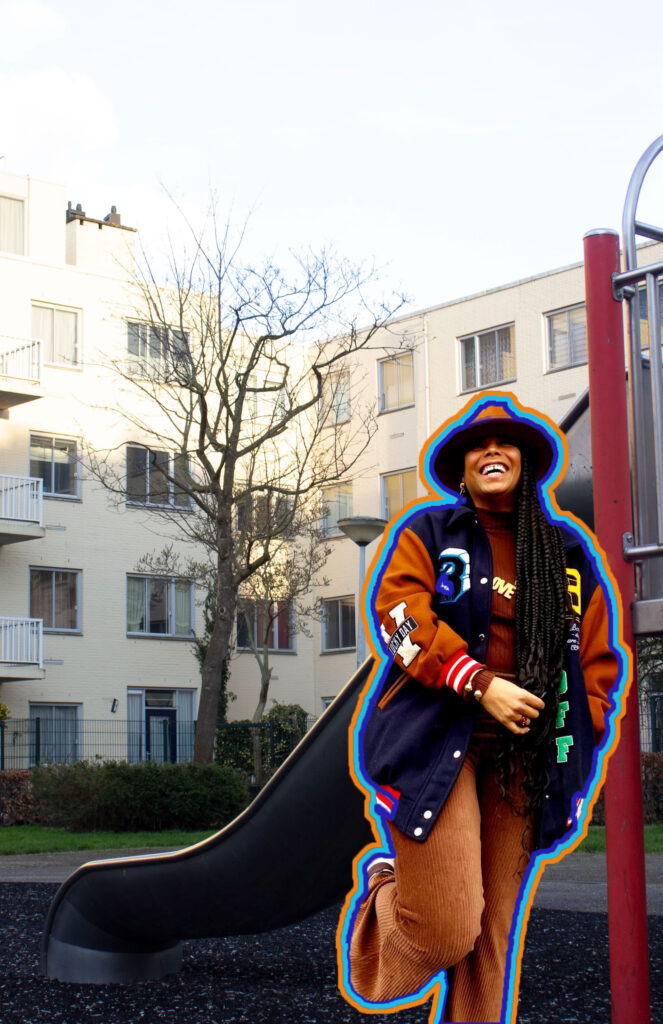
“I think that feeling of being a community is something that a lot of people are now longing for. We are longing for natural products, to be good for the world, to be together and to be touched. We are longing for what we once had. That’s the dark side of humanity: we desire something that is no longer there and only appreciate it when it’s gone. The Bijlmer has always been the same, intertwining through the past and the future.”
Priscilla in her neighborhood ‘Venserpolder, Bijlmer’ edited by Elisa Lo-A-Njoe (background by Elisa L0-A-Njoe, portrait via Priscilla Vaudelle)
